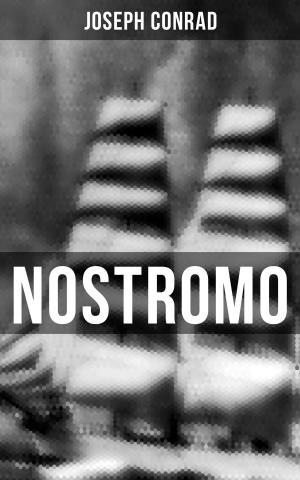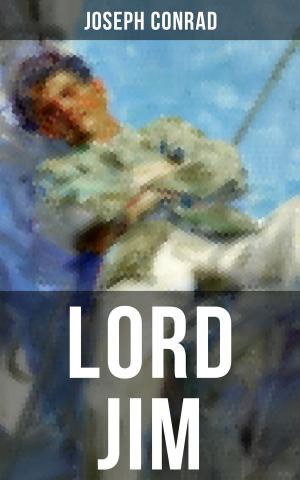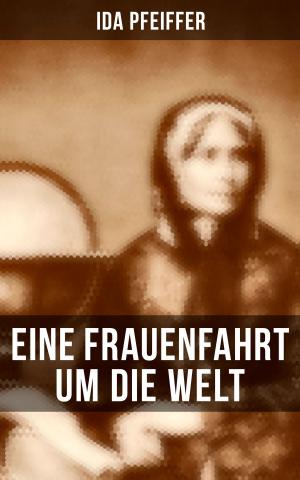THE TWILIGHT OF THE IDOLS & THE ANTICHRIST
2 Controversial Philosophical Tracts with Autobiography & Letters of the Author
Biography & Memoir, Philosophers, Nonfiction, Religion & Spirituality, Philosophy, Ethics & Moral Philosophy| Author: | Friedrich Nietzsche | ISBN: | 9788027220793 |
| Publisher: | Musaicum Books | Publication: | October 6, 2017 |
| Imprint: | Language: | English |
| Author: | Friedrich Nietzsche |
| ISBN: | 9788027220793 |
| Publisher: | Musaicum Books |
| Publication: | October 6, 2017 |
| Imprint: | |
| Language: | English |
"The Antichrist" is an attack on the "slave morality" and apathy of Western Christianity. Nietzsche's basic claim is that Christianity (as he saw it in the West) is a poisoner of western culture and perversion of the words of and practice of Jesus. "The Twilight of the Idols" criticizes German culture of the day as unsophisticated and nihilistic, and shoots some disapproving arrows at key French, British, and Italian cultural figures who represent similar tendencies. In contrast to all these alleged representatives of cultural "decadence", Nietzsche applauds Caesar, Napoleon, Goethe, Thucydides and the Sophists as healthier and stronger types. "Ecce Homo: How One Becomes What One Is" is the last book written by Nietzsche before his final years of insanity that lasted until his death in 1900. According to Walter Kaufmann, Nietzsche's most prominent English translators, the book offers "Nietzsche's own interpretation of his development, his works, and his significance." "Selected Personal Letters" includes letters to his family and friends. Friedrich Nietzsche (1844–1900) was a German philosopher, poet, and Latin and Greek scholar whose work has exerted a profound influence on Western philosophy and modern intellectual history. Because of Nietzsche's evocative style and provocative ideas, his philosophy generates passionate reactions. His works remain controversial, due to varying interpretations and misinterpretations of his work. In the Western philosophy tradition, Nietzsche's writings have been described as the unique case of free revolutionary thought, that is, revolutionary in its structure and problems, although not tied to any revolutionary project.
"The Antichrist" is an attack on the "slave morality" and apathy of Western Christianity. Nietzsche's basic claim is that Christianity (as he saw it in the West) is a poisoner of western culture and perversion of the words of and practice of Jesus. "The Twilight of the Idols" criticizes German culture of the day as unsophisticated and nihilistic, and shoots some disapproving arrows at key French, British, and Italian cultural figures who represent similar tendencies. In contrast to all these alleged representatives of cultural "decadence", Nietzsche applauds Caesar, Napoleon, Goethe, Thucydides and the Sophists as healthier and stronger types. "Ecce Homo: How One Becomes What One Is" is the last book written by Nietzsche before his final years of insanity that lasted until his death in 1900. According to Walter Kaufmann, Nietzsche's most prominent English translators, the book offers "Nietzsche's own interpretation of his development, his works, and his significance." "Selected Personal Letters" includes letters to his family and friends. Friedrich Nietzsche (1844–1900) was a German philosopher, poet, and Latin and Greek scholar whose work has exerted a profound influence on Western philosophy and modern intellectual history. Because of Nietzsche's evocative style and provocative ideas, his philosophy generates passionate reactions. His works remain controversial, due to varying interpretations and misinterpretations of his work. In the Western philosophy tradition, Nietzsche's writings have been described as the unique case of free revolutionary thought, that is, revolutionary in its structure and problems, although not tied to any revolutionary project.















